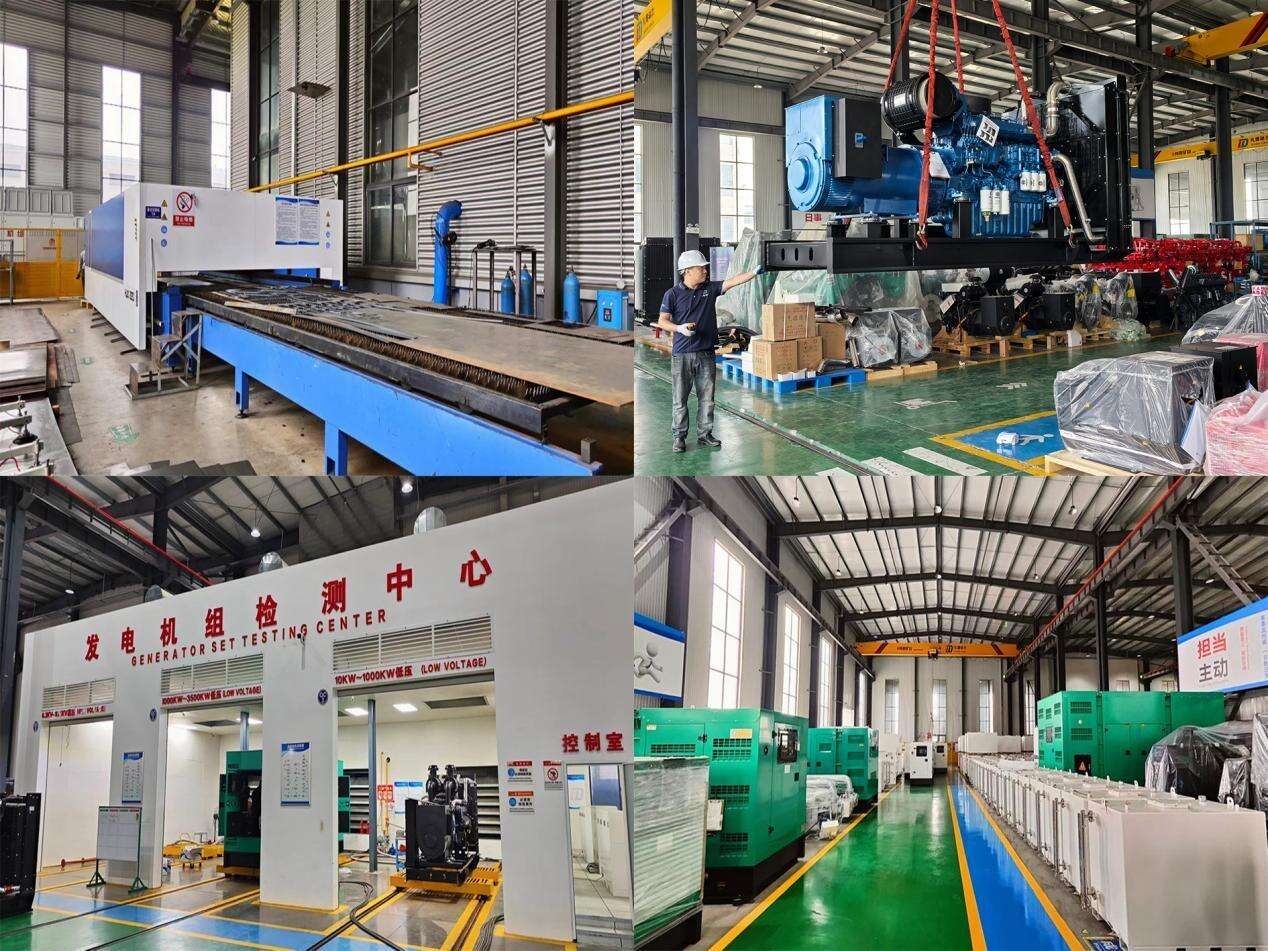Understanding the Basics of LPG Gas Generators
LPG gas generators can be portable or stationary and use liquefied petroleum gas (LPG) as the primary fuel. Unlike gasoline or diesel generators, LPG generators produce clean electricity. LPG (propane and butane) is stored in pressurized tanks and is easy to transport and store with the generator. LPG Gas Generators combust LPG in an engine, which drives an alternator. Generators can be small and portable for residential use or large stationary units for commercial or industrial applications.
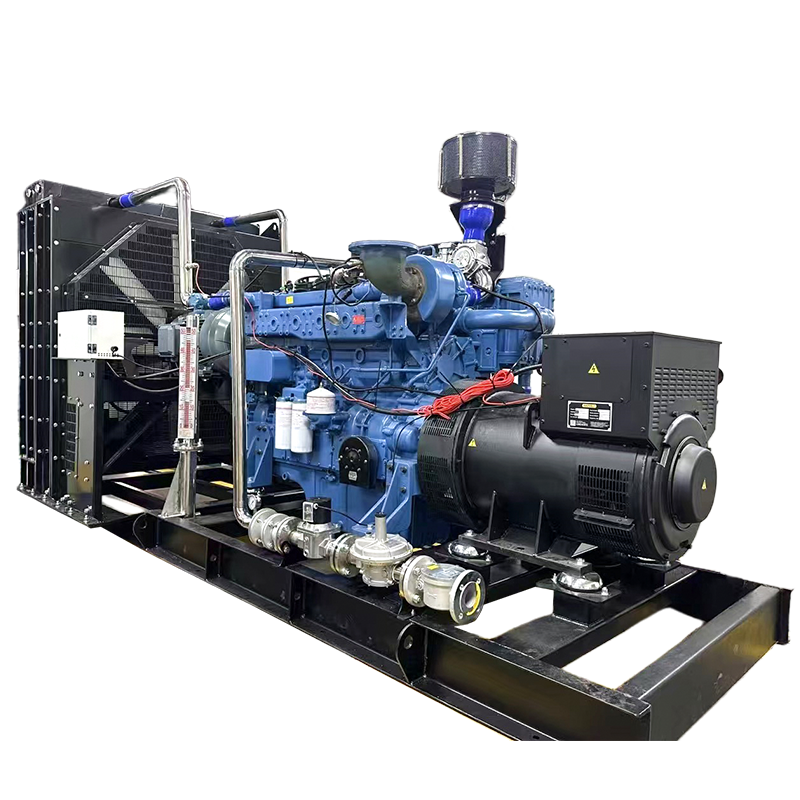
Benefits of LPG Gas Generators
There are a variety of reasons why LPG generators are a good fit for many customers. First, LPG generators produce less emissions than gasoline and diesel generators. This lowers the degree of pollution and enhances the safety for indoor use as long as there is ventilation. Second, LPG is safer than gasoline since it is less volatile and less flammable. You can safely store it and use it with a smaller chance of an emergency. Third, shelf life is an added benefit. Gasoline generators can store gasoline for a few months, but LPG can be safely stored for years. Gasoline for refilling generators becomes hard to find in remote locations, but LPG becomes easy to find. You can use LPG generators in remote locations too.
Common Scenarios for Using LPG Gas Generators
LPG gas generators are versatile and fit many practical situations. One main use is during power outages at home. When the grid goes down, a portable LPG generator can power essential appliances like refrigerators, lights, and heaters, keeping daily life running smoothly. For outdoor activities such as camping, tailgating, or construction sites without grid access, these generators are ideal too—they’re quieter than diesel models and don’t leave a strong fuel odor. Commercial settings also benefit: small businesses like shops or restaurants can use them to avoid downtime during blackouts, while larger industrial sites might use stationary LPG generators as backup power for critical equipment. They’re also a good choice for areas where gasoline or diesel is hard to get, as LPG tanks are easier to transport.
Things to Think About When Choosing an LPG Gas Generator
There are a few things to consider before making a purchase on an LPG gas generator. For starters, think about what your power needs are. Look up the wattage of the appliances and equipment you want to run, load the generator can handle without overheating. For your second point, think about the size and the portability of the generator. If you need it for camping, a small lightweight portable one is better, for home emergency use the lightweight is still your best option. For fixed commercial use, it makes sense to have a larger, stationary unit. Third, consider the runtime. This is about the size of the LPG tank and the generator's fuel efficiency. For your needs, it should run long enough without needing to refuel. And for the last point, consider the safety features, especially the low-oil shutdown. This will automatically turn the unit off when it reaches a critical low oil level, and it will save the engine from damage.
Keeping LPG Gas Generators Well-Maintained
To keep LPG gas generators well maintained and fully operational, it is imperative to perform regular maintenance. LPG cylinders and gas connectors should be regularly checked for leaks. Cracks or loose fittings should be identified and gas should be turned off if any leaks are detected. Gas leaks should be fixed before any further use. LPG gas generators should also receive regular oil changes as prescribed maintenance procedures. Clean oil work to keep the various parts of the engine lubricated and reduce engine wear. Gas generators should also receive regular gas maintenance. Generators should be stored in dry cool areas and covered to avoid dust and moisture should be stored for long periods of time. LPG gas cylinders should be stored in a well ventilated area and should be kept away from heat sources.



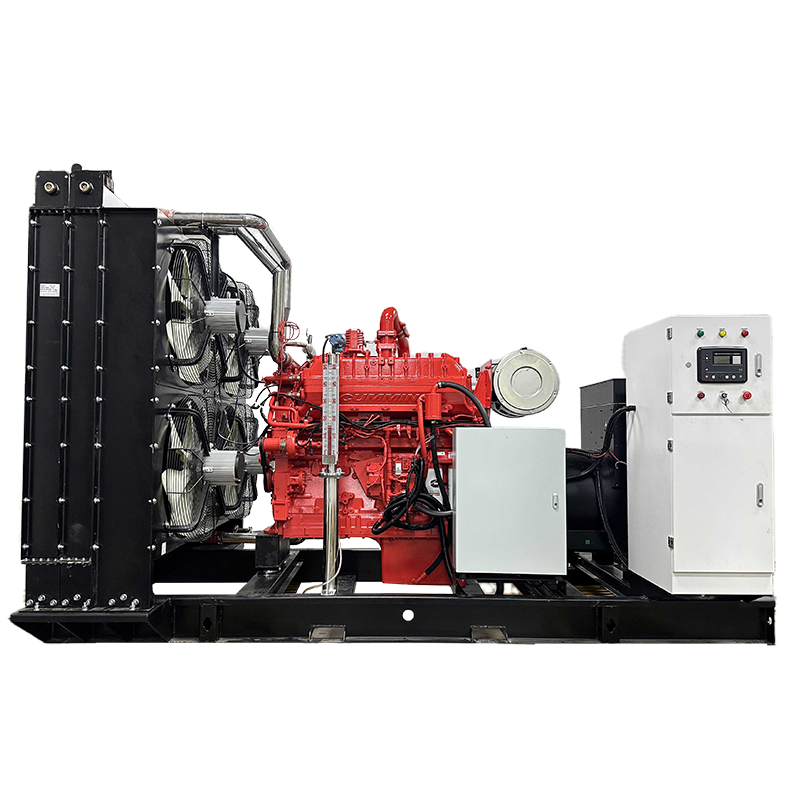
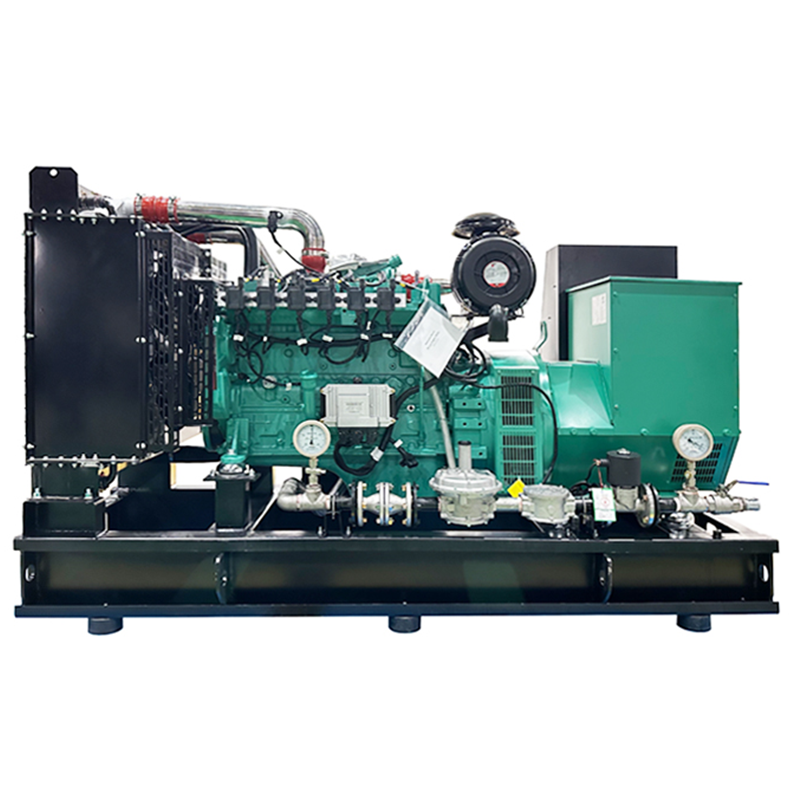
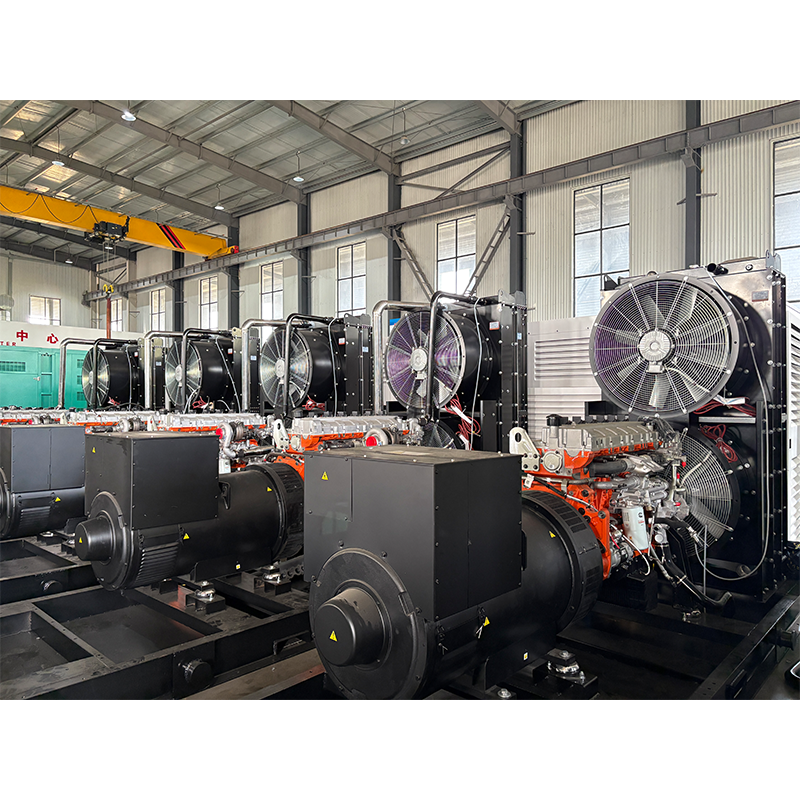
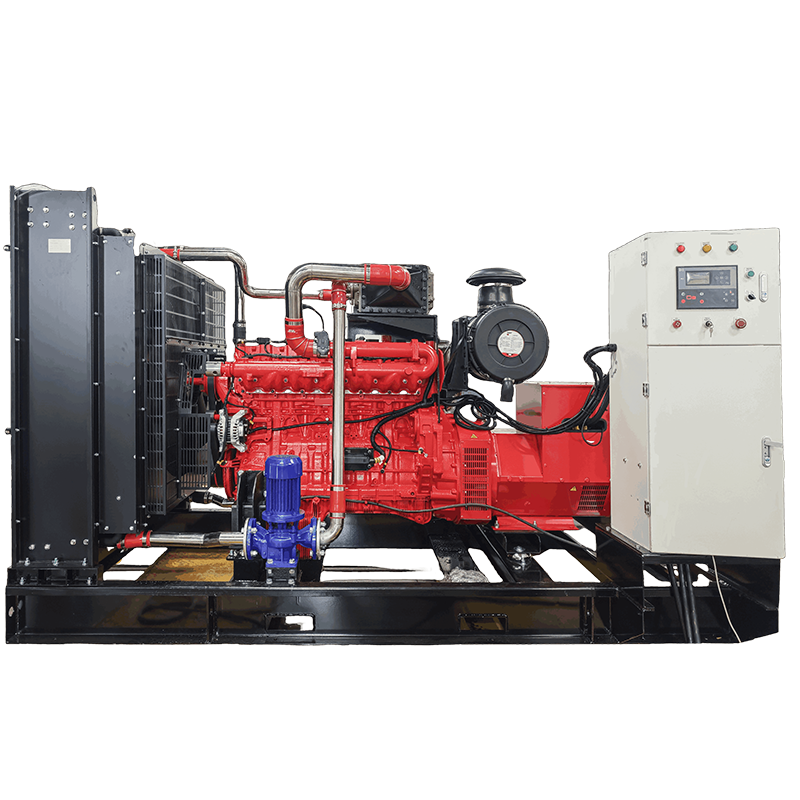
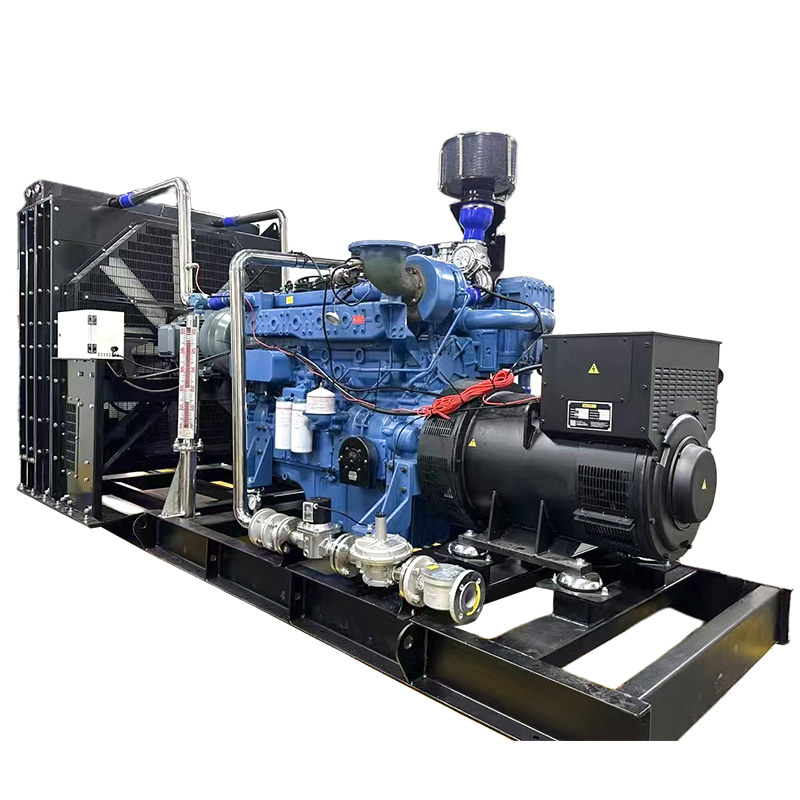
 Hot News
Hot News